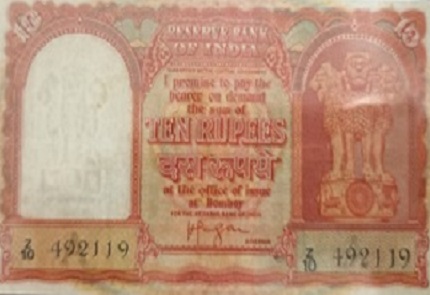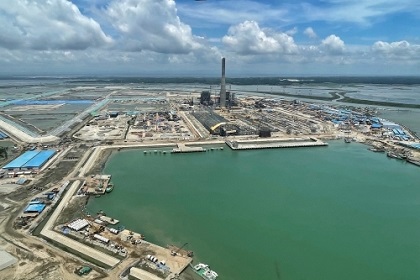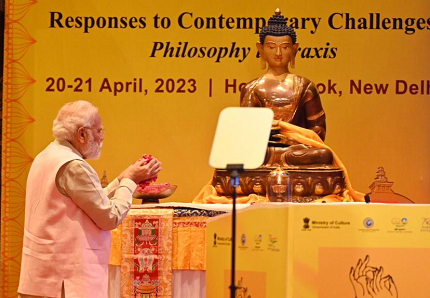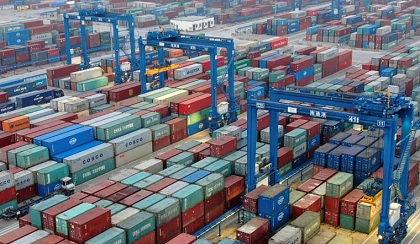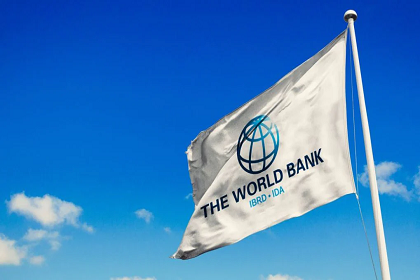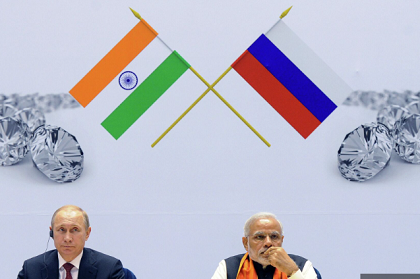Towards multi-currency trade
The dominance of the U.S. dollar in global trade and its status as a fiat currency means it is unlikely to be replaced in the near future. However, the repeated and continued use of sanctions has created the need for a multi-currency trading regime. India must now prepare alternative payment systems and promote the use of the Indian rupee in global trade.

